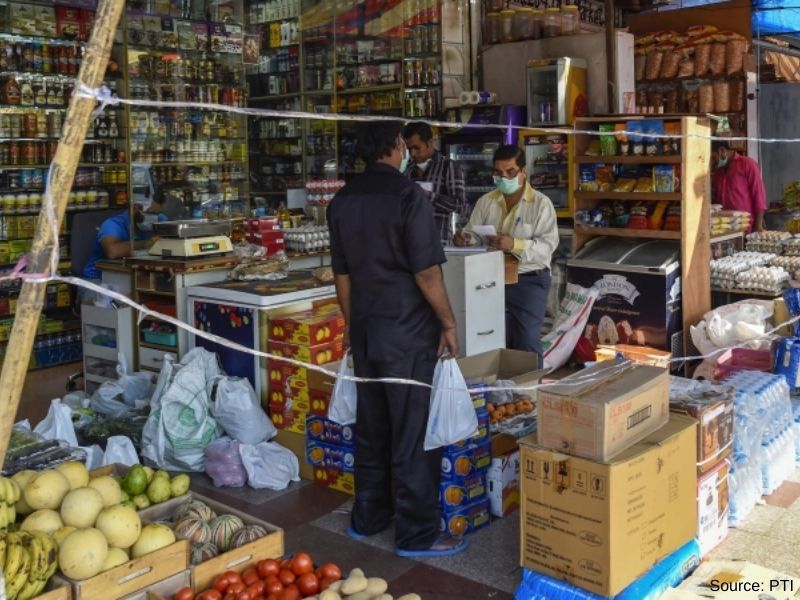From sourdough starters to supermarket queues, the COVID-19 lockdown has influenced our eating and cooking behavior. Now researchers from Te Herenga Waka—Victoria University of Wellington and the University of Auckland are contributing to a global survey looking at these changes.
The study spans at least 30 countries and is led by researchers at the University of Antwerp.
Extended time at home, the closure of restaurants and cafes, and food items being unavailable due to demand all contribute to changes in how people approach cooking and eating, says Dr Lisa Te Morenga from the University’s School of Health. She says the impact of these changes will differ across communities.
“For some whānau lockdown has been an opportunity to learn new cooking skills and enjoy time eating together, but it has been highly stressful for people out of work, struggling to pay the bills, and finding affordable basics are unavailable at the supermarket,” she adds.
The COVID-19 pandemic has resulted in increased need for food assistance, with the Salvation Army reporting a 350 percent rise in demand since lockdown began. The study will also explore how lockdown has changed the way food media and food influencers are reaching and engaging their audiences.
Dr Rajshri Roy from the University of Auckland is contributing to the project and says that there have been unique opportunities for those in the business of food, with social media use and engagement increasing by around 40 percent. “There has been an opportunity for brands and influencers to make their content even richer,” she says.
The New Zealand arm of the survey, the COVID Kai Survey, will determine what all of these changes look like for Kiwis, and results will be compared with other countries in the study.
Project lead Dr Sarah Gerritsen, University of Auckland, says that looking at this on a global scale could reveal insights into how different lockdown regulations will affect cooking and eating. “Over the past four weeks, New Zealand has had some of the strictest lockdown measures in the world, which has been very important to restrict transmission of the virus. We are interested to see how Kiwis have coped with these restrictions with regards to their shopping and home cooking and can use the information to inform our epidemic responses in the future.”
The COVID Kai Survey began collecting response in Alert Level 4 and continues throughout Alert Level 3 over the coming fortnight. One dollar for every completed survey will be donated to The Foodbank Project, a collaboration between the Salvation Army and Countdown.
Posted in International, News



























